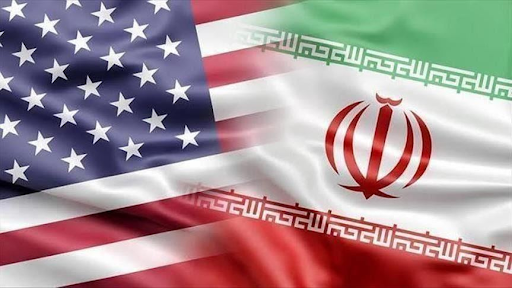Recently, the United States and Iran have started important nuclear negotiations in Muscat, Oman—their most notable interaction since the United States withdrew from a nuclear deal in 2018. The communication between the United States and Iran was, for the most part, indirect, except for two officials speaking briefly. For almost the whole interaction, Omani officials acted as middlemen for the two nations. The conversation went like this: Iran proposed reinstating limits on its nuclear program in exchange for access to frozen assets, stressing that their nuclear program is solely for peaceful purposes, while the United States responded by reaffirming its firm stance on limiting Iran’s nuclear capabilities and instating a 60-day deadline, as a nuclear Iran could potentially put the United States in a dangerous position. If talks don’t develop or progress soon, the United States could deploy B-2 stealth bombers from the Diego Garcia military base in the Indian Ocean to strike Iranian nuclear research centers.
Ultimately, Iran seeks quick funds, which they would likely use to fund terrorist cells, such as Hamas, Hezbollah, Houthis, and the Palestinian Islamic Jihad, to undermine Israeli and American presence in the Middle East and surrounding areas. They insist that their nuclear programs are sincere and are for positive purposes, but the United States doesn’t necessarily trust them. This mistrust mostly stems from the more recent history between Iran and the United States, where Iran has, for the most part, acted in a hostile manner towards the U.S. and its allies. Not only has Iran already violated the Treaty on the Non-Proliferation of Nuclear Weapons—a treaty that aims to lessen the number of nukes globally and promote peaceful nuclear use—but Iranian militants stormed the U.S. embassy in 1979 in Tehran (the capital of Iran) and took 52 Americans, hostage, for more than a year. When taking these instances into account, you can for sure assume that the development of an Iranian nuclear program has the U.S. and its allies in the region, especially Israel, on their toes.
Additionally, countries such as Saudi Arabia and the United Arab Emirates are very opposed to a nuclear Iran. Not only are they both longtime regional rivals of Iran, but they are also worried that a nuclear Iran would lead to a power imbalance in the area, which would start a nuclear arms race in the Middle East. Meanwhile, Iran’s economy continues to suffer under heavy sanctions from the United States, increasing the pressure on its leadership to reach a deal. We will see what comes out of these talks in Muscat.
